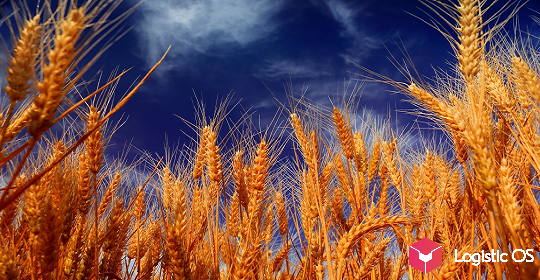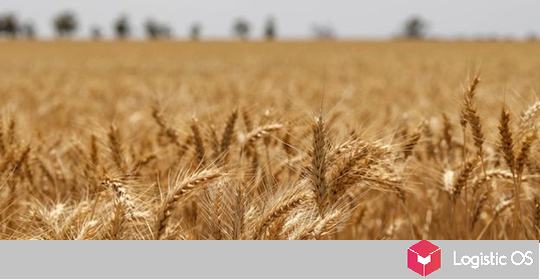Italian farmers are sounding the alarm over a catastrophic collapse in prices for durum wheat in the new 2025 season.
The National Association of Producers directly calls the current situation speculative, and the payments offered to farmers are unacceptably low.
According to the agro-industrial portal Coldiretti, a real price crisis broke out in August: despite the harvest being below average, Italian farmers are being paid almost 20 euros less per ton of grain compared to last year’s figures.
The Foggia Provincial Exchange (ISMEA) has officially confirmed the pessimistic forecasts voiced by farmers at the beginning of the harvesting campaign.
The gross harvest of durum wheat in Italy is expected to not exceed 3.7 million tons, which is significantly more modest than the optimistic estimates previously circulated by industrial circles.
The situation is particularly dire in the province of Foggia, which is the country’s key grain region and accounts for about 20% of national durum wheat production.
This is where the harvest results were most disappointing: due to a prolonged drought, harvests fell by at least 20% of their normal potential.
Paradoxically, despite a significant reduction in supply on the domestic market, purchase prices continue to fall. According to ISMEA analysis, in July the cost of durum wheat fell by 6% year-on-year and by 15% compared to February 2025.
Farmers say the main reason for the collapse in prices is uncontrolled grain imports.
According to Coldiretti data based on Istat statistics, in the first four months of 2025, the volume of imported wheat increased by 28%, which provoked a collapse on the domestic market.
Supplies from Canada increased especially sharply — almost twofold — compared to the previous marketing year.
Italian producers are outraged not only by the volume, but also by the quality of imported grain.
The association draws attention to the fact that wheat is imported from abroad treated with glyphosate before harvesting — this practice is prohibited in Italy and the EU.
In recent years, several countries, including Canada and Turkey, have been systematically flooding the Italian market with their products, with the peak of deliveries traditionally occurring at the beginning of the national harvesting campaign, which leads to an artificial collapse in prices.

